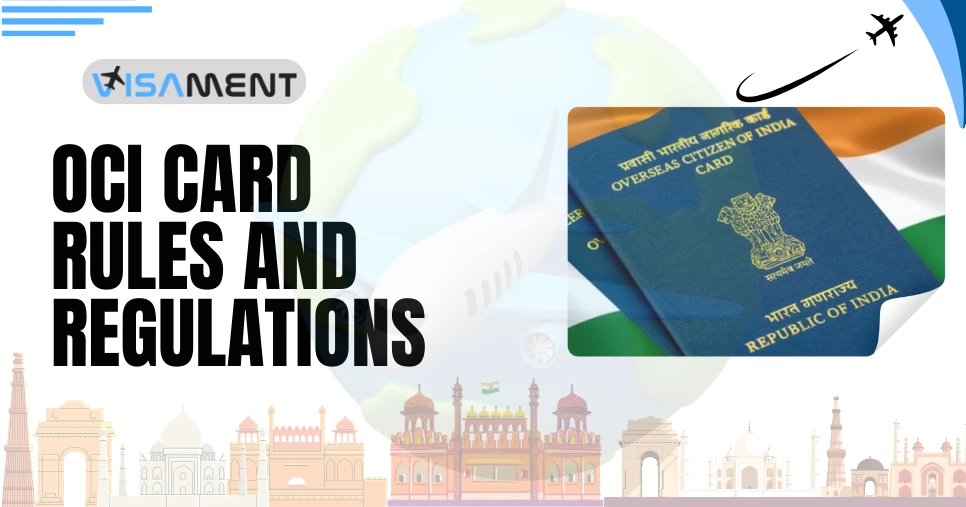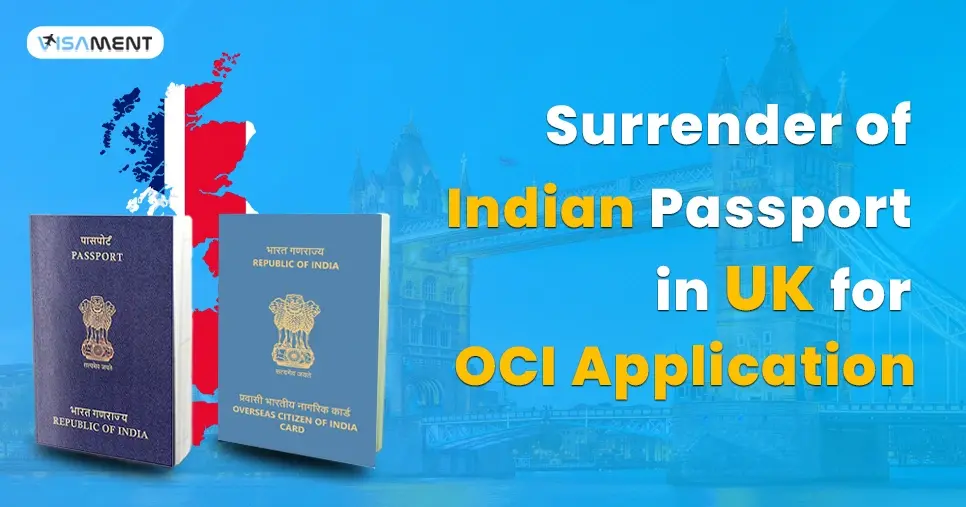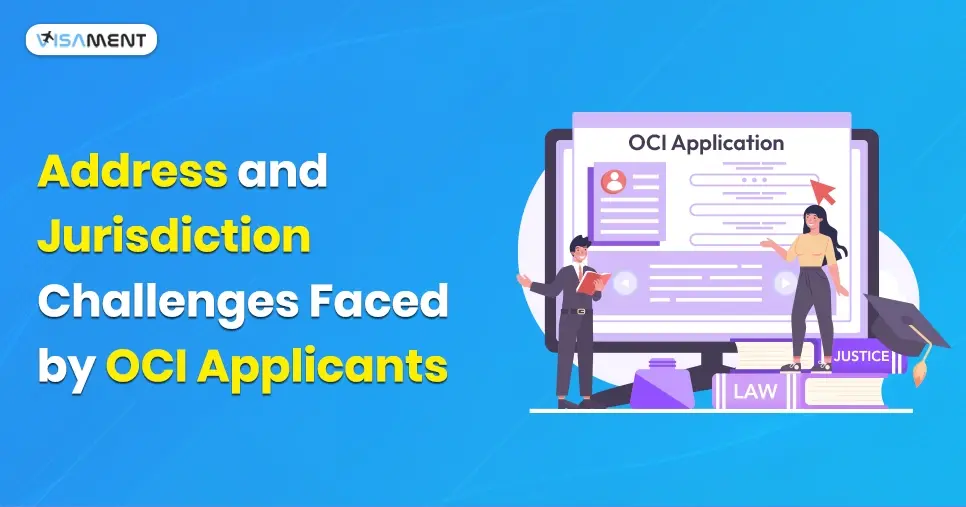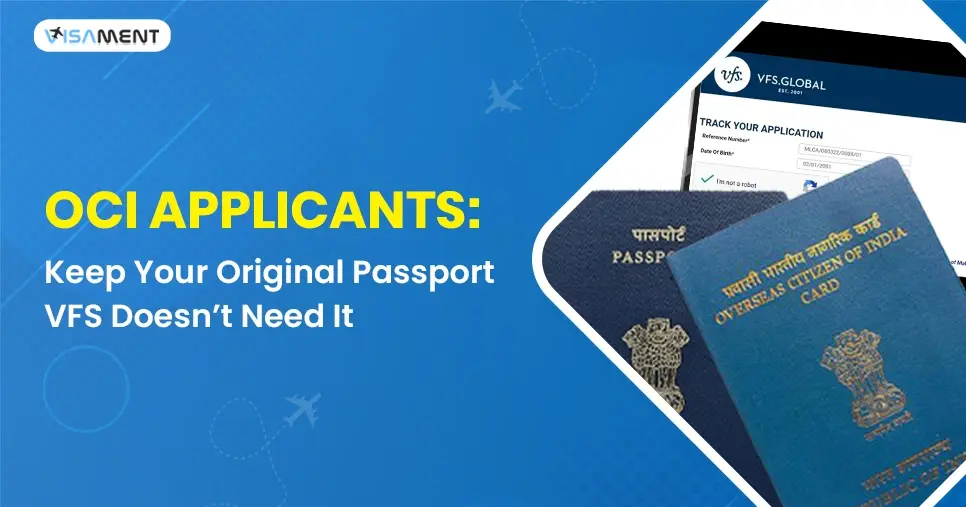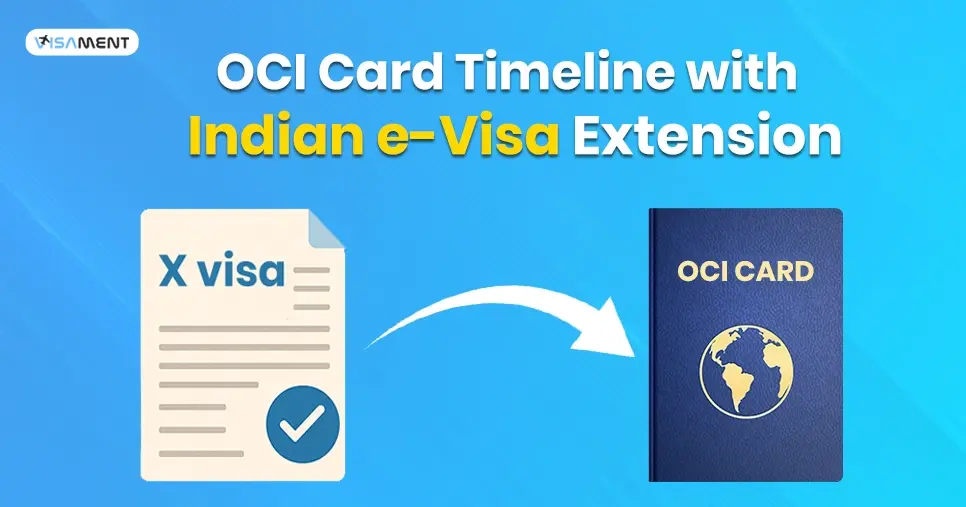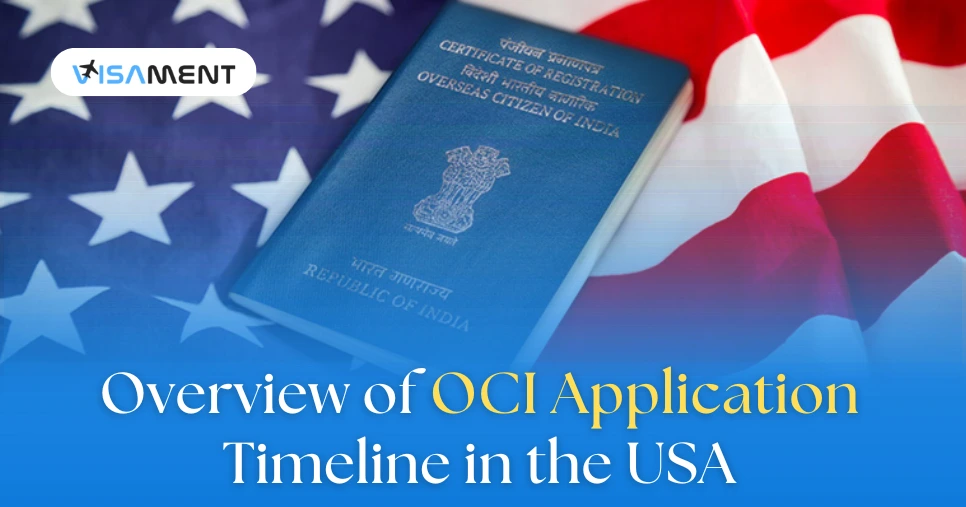- Who is an NRI?
- Who is an OCI (Overseas Citizen of India)?
- Eligibility Criteria for OCI
- Advantages of NRI Status
- Rights and Benefits of NRIs
- Advantages of OCI Status
- Rights and Benefits of OCIs
- Restrictions for NRI
- Restrictions on OCI
- Key Differences Between NRI and OCI
- NRI or OCI: Which One is Better?
- Conclusion
While an NRI (Non-Resident Indian) is an Indian citizen who resides and works abroad, an OCI (Overseas Citizen of India) is a foreign person of Indian heritage who possesses an OCI card. The bulk of Indian citizenship's privileges, including the capacity to vote and own property, are still available to non-resident Indians (NRIs). On the other hand, OCIs are given a unique visa that enables them to live and work in India indefinitely.
Who is an NRI?
NRI directly refers to non-resident Indians. It means the citizen from India is staying outside of their native country for work, education, and more for an extended time. Want to know when an individual is called NRI? If yes, then let’s know the Indian Act by which you can qualify as an NRI:
- Reside in India for less than 182 days in a financial year.
- Spend more than 365 days outside India during the previous four years combined.
Every non-resident Indian gets some benefits and has to face some restrictions. Let's lighten up those and become familiar.
Who is an OCI (Overseas Citizen of India)?
Foreigners who have an Indian origin are under OCI (Overseas Citizens of India). They are eligible for certain privileges similar to those of Indian citizens. This scheme was introduced in 2005 under the Citizenship Act and offers lifelong visa-free travel to India.
Eligibility Criteria for OCI
An individual can apply for OCI status if they
- Were eligible to become an Indian citizen on or after January 26, 1950.
- Belonged to a territory that became part of India after August 15, 1947.
- Are a child, grandchild, or great-grandchild of an Indian citizen?
Advantages of NRI Status
- Retention of Citizenship: NRIs retain their Indian citizenship, ensuring access to full rights and privileges.
- Ease of Investments: They can easily invest in Indian markets and businesses.
- Cultural and Political Engagement: NRIs can actively participate in India’s democratic process through voting and civic engagement.
Rights and Benefits of NRIs
Citizenship
NRIs retain their Indian citizenship, which allows them to possess an Indian passport.
Voting Rights
They can vote in Indian elections, provided they are physically present in India at the time of voting.
Investment Opportunities
NRIs can invest in Indian financial markets, real estate, and businesses.
Education Benefits
NRIs have access to certain reserved seats in Indian educational institutions under the NRI quota.
Travel to India as often as you like – no visa needed! Enjoy unlimited entries and seamless trips.
Advantages of OCI Status
- Lifelong Connection to India: OCI cardholders can travel to India without the hassle of visa renewals.
- Simplified Residency: They can stay in India indefinitely without registering with the authorities.
- Access to Indian Institutions: OCIs can study or work in India without the need for additional permits.
As we all know, every coin has two sides, hare are advantages or disadvantages of OCI and NRI.
Rights and Benefits of OCIs
- Visa-Free Travel: OCIs enjoy a lifelong multiple-entry visa to India.
- Property Ownership: They can own residential and commercial properties in India, but not agricultural or plantation properties.
- Employment and Business: OCIs can work or start businesses in India, except in government jobs and sectors requiring special permissions.
- Education: They can apply to Indian educational institutions under the general category (not NRI quota).
Restrictions for NRI
- Dual Citizenship: NRIs are not allowed to hold citizenship of another country while retaining Indian citizenship.
- Tax Implications: Income earned in India is taxable for NRIs under certain conditions.
It’s all about NRI restrictions and benefits. Now it’s time to know about OCI restrictions.
Restrictions on OCI
- No Voting Rights: OCIs cannot vote in Indian elections.
- No Government Jobs: They are ineligible for public office or government jobs in India.
- Restricted Property Rights: OCIs cannot purchase agricultural land or plantations.
Are you confused between NRI and OCI and want to know the difference in the middle of both of these? If yes, then stay tuned with us. Next, we will discuss the difference between OCI and NRI.
Key Differences Between NRI and OCI
|
Aspect |
NRI |
OCI |
|---|---|---|
|
Citizenship |
Indian citizen |
Foreign citizen of Indian origin |
|
Voting Rights |
Allowed |
Not allowed |
|
Property Ownership |
Can own all types of property |
Cannot own agricultural land |
|
Visa Requirements |
Requires visa for re-entry |
Lifelong visa-free travel |
|
Government Jobs |
Eligible |
Not eligible |
|
Tax Implications |
Taxed on income in India |
Not taxed unless they earn income in India |
With the help of above mentioned table, readers will get to know the difference between NRI and OCI.
NRI or OCI: Which One is Better?
For Short-Term Residents Abroad
Are you looking to stay abroad temporarily? If yes, then maintaining ties with India's NRI status may be more beneficial. It helps to retain Indian citizenship and participate in democratic processes.
For Long-Term Settlers
If you are planning to move abroad, then you need to acquire foreign citizenship. OCI status offers greater convenience. Overseas citizens of India provide visa-free access to India and enable long-term stays without additional formalities.
Legal and Policy Implications
The government's desire to preserve the laws of the country while preserving ties with the community is reflected in India's regulations regarding NRIs and OCIs. Through investments, remittances, and cross-cultural interactions, both groups make substantial contributions to India's economy.
Conclusion
OCIs and NRIs are two different but related aspects of Indian emigration. OCIs receive numerous benefits as foreign nationals of Indian descent, whereas NRIs maintain their Indian citizenship. Depending on one's unique situation, long-term goals, and relationship with India, one can choose between these statuses. A smooth relationship with one's country and well-informed decision-making are ensured by being aware of the subtleties of both categories.
Are you looking for NRI and OCI services and in search of the best immigration service provider? If yes, then choose Visament. It is one of the greatest immigration service providers. Along with this, Visament always tries to fulfill clients' requirements on time and provide them with the best services.
Frequently Asked Questions
Yes, non-resident Indians (NRIs) can invest in mutual funds in India.
NRI stands for non-resident Indians.
OCI stands for overseas citizens of India.
No, non-resident Indians are not allowed to buy direct land and property in India.
Yes, (OCI) overseas citizens of India can get an Aadhar Card, but for that, they need to fulfill the requirements.
Yes, OCIs can buy commercial and residential property in India.
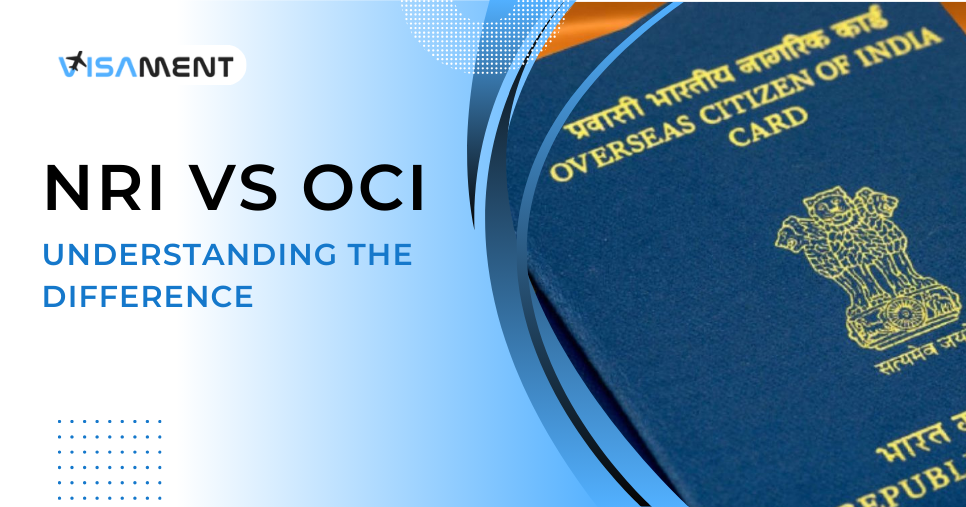
_1745908062.webp)
